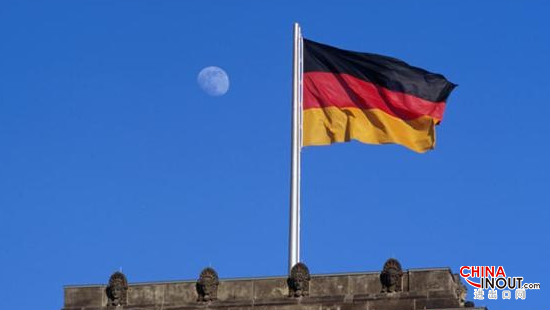
德國7月進(jìn)出口均增至紀(jì)錄高位,,表明國外需求依然強(qiáng)勁且德國國內(nèi)亦保持良好需求,盡管中國經(jīng)濟(jì)放緩,。
德國聯(lián)邦統(tǒng)計(jì)局(FSO)周二(9月8日)公布的數(shù)據(jù)顯示,,7月季調(diào)后出口月率增長2.4%至1034億歐元;7月季調(diào)后進(jìn)口增長2.2%至806億歐元,。二者均錄得該數(shù)據(jù)自1991年編纂以來的紀(jì)錄新高,。
德國7月進(jìn)出口數(shù)據(jù)均遠(yuǎn)超預(yù)期,接受路透調(diào)查的經(jīng)濟(jì)學(xué)家曾預(yù)估出口增長0.7%,,進(jìn)口增長0.5%,。不過,經(jīng)濟(jì)學(xué)家警告稱,,保持謹(jǐn)慎是有必要的,。
德國7月未季調(diào)對(duì)歐元區(qū)國家出口同比增長5.5%,對(duì)非歐元的歐盟國家出口增長6.9%,,對(duì)非歐盟國家出口增長6.4%,。
巴伐利亞銀行(BayernLB)經(jīng)濟(jì)學(xué)家Stefan Kipar表示,德國與美國,、英國和整個(gè)歐元區(qū)的貿(mào)易強(qiáng)勁遠(yuǎn)遠(yuǎn)抵消新興市場(chǎng)和中國疲軟的不利因素,。他指出,外貿(mào)和國內(nèi)需求可能為第三季度經(jīng)濟(jì)增長提供動(dòng)力,。
德國2015年初經(jīng)濟(jì)增長放緩,,但二季度經(jīng)濟(jì)小幅回升至0.4%,歸因于對(duì)外貿(mào)易,。外貿(mào)是推動(dòng)經(jīng)濟(jì)的傳統(tǒng)因素,,盡管過去兩年,個(gè)人消費(fèi)一直是德國經(jīng)濟(jì)增長的主要?jiǎng)恿?。?a href="http://doscana.com">中國進(jìn)出口網(wǎng))
German 7-month exports and imports rose to a record, indicating that foreign demand remained strong and the German domestic demand was also good, although China's economy slows down.
German Federal Statistical Office (FSO) on Tuesday (September 8th) released data showing that 7-month exports monthly growth rate after seasonally adjustment increased by 2.4% to 103.4 billion euros; imports rose by 2.2% to 80.6 billion euros. Both breaks the compiled record in 1991.
German’s 7-month import and export data exceeded expectations, economists interviewed by Reuters had forecast 0.7% growth in exports, 0.5% growth in imports. However, economists warned that caution was necessary.
In these seven months, before seasonally adjustment, Germany’s exports to euro countries rose by 5.5%, exports to non-euro EU countries grew by 6.9%, exports to non-EU countries increased by 6.4%.
Bayerische Landesbank (BayernLB) economist Stefan Kipar said that Germany’s booming trade with the United States, Britain and the euro zone's lowers the negative factors of the weakness in emerging markets and China. He noted that foreign trade and domestic demand is likely to provide the impetus for economic growth in the third quarter.
German economic growth slowed early in 2015, but in the second quarter, the economy rebounded slightly to 0.4%, due to the foreign trade. Foreign trade is the traditional factor to promote economy, although in the past two years, private consumption has been the main driving force of economic growth in Germany.











